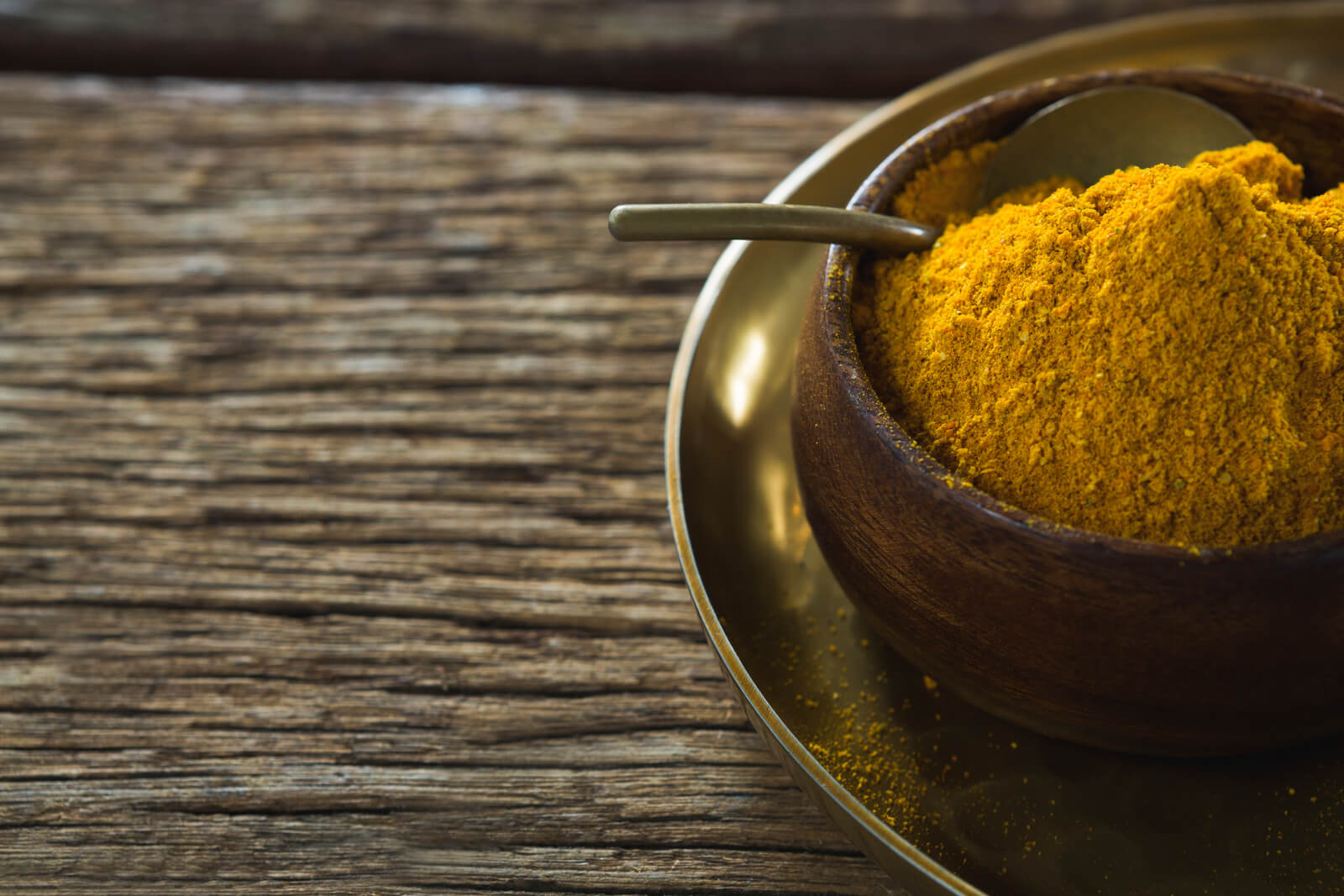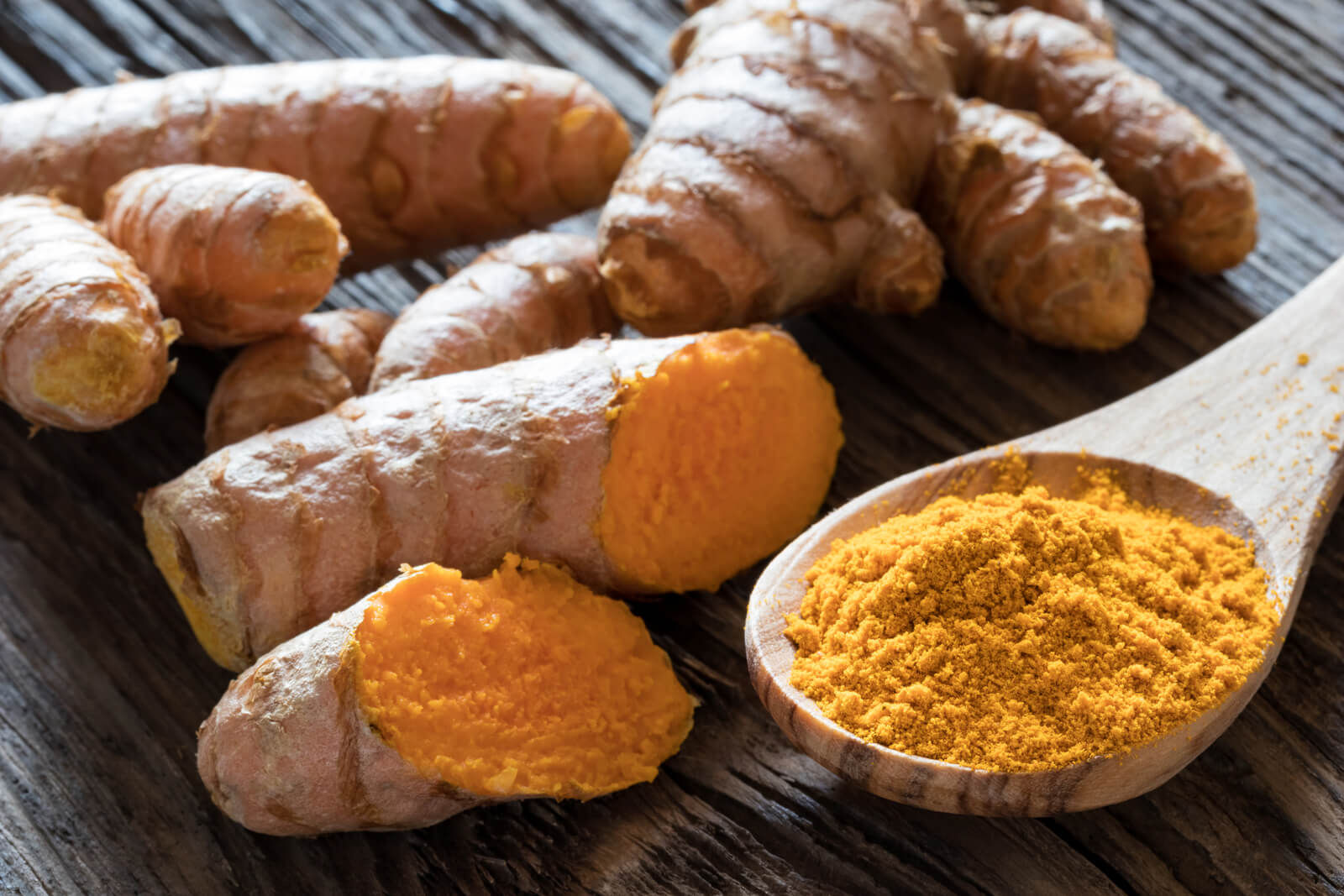FTC disclaimer: This post may contains affiliate links and we will be compensated if you click on a link and make a purchase.
Is Turmeric Good for Inflammation and Pain? Turmeric has become very popular over the past few years as a natural remedy for inflammation and pain. It’s a spice with anti-inflammatory properties and a strong antioxidant.
Turmeric has been used in India for centuries as a spice and medicinal herb. It is a commonly used spice in Indian cuisine. The main ingredient in curry, turmeric, has a warm, slightly bitter taste and is frequently used to flavor or color yellow rice. Turmeric is also sold in powder form.
Moreover, Turmeric is a powerful anti-inflammatory herb with amazing health benefits. Curcumin, the main active ingredient in turmeric, is a powerful anti-inflammatory and antioxidant. Turmeric may even help prevent cancer.
But does it work for arthritis? Does it really reduce joint pain? And how do we know if it works? This article will answer these questions and more.
What Is Turmeric?
Turmeric is a spice that comes from the Curcuma longa plant. It’s commonly used in Indian and Asian cuisine.
Turmeric contains a compound called curcumin. Curcumin is responsible for turmeric’s yellow color. It’s also a compound that’s thought to have anti-inflammatory properties.
Curcumin is a type of polyphenol. Polyphenols are antioxidants that can help protect your cells from damage.
Is Turmeric Good for Inflammation and Pain?

Turmeric is traditionally used to treat a wide variety of health conditions. It is thought to be effective in treating arthritis, inflammatory bowel disease, and cancer.
Turmeric is a very effective natural remedy for inflammation. It can be taken internally or used externally. When taken internally, turmeric can help to reduce inflammation throughout the body. When used externally, turmeric can be applied to the skin to help relieve inflammation and pain.
Many studies have shown that curcumin, the main ingredient in turmeric, can help reduce inflammation. One study showed that curcumin was as effective as ibuprofen in reducing inflammation.
Another study found that curcumin could reduce joint pain and stiffness in people with arthritis.
Curcumin is also thought to be more effective than other anti-inflammatory drugs because it targets multiple pathways.
Another study found that curcumin was more effective than diclofenac, a common anti-inflammatory drug, in reducing pain and inflammation.
Turmeric is also known to boost the immune system. One study found that curcumin increased the production of immune cells, including T and B cells.
Turmeric is also a powerful antioxidant. Antioxidants help to protect the body against damage from free radicals. Free radicals are molecules that can damage cells, leading to inflammation.
Further, several other studies have shown that curcumin can help to reduce the symptoms of arthritis, inflammatory bowel disease, and psoriasis. It may also help to improve the symptoms of Alzheimer’s disease and cancer.
In addition to its anti-inflammatory properties, curcumin has also been shown to boost the immune system, improve brain function, and even fight depression.
How to take Turmeric for Inflammation?
Turmeric is available in powder, capsule, and extract forms. The best way to take turmeric for inflammation is to take it in supplement form.
When buying a turmeric supplement, look for one that contains curcumin. Curcumin is the active compound in turmeric that has anti-inflammatory properties.
The recommended dose of curcumin is 500-1000 mg per day. You can take it all at once or divide it into two or three doses throughout the day.
You can add turmeric to your diet if you don’t want to take a supplement. Turmeric is commonly used in Indian cuisine. It can be added to curries, soups, and rice dishes.
You can also add turmeric to smoothies, juices, and teas. When cooking with turmeric, it’s best to use fresh turmeric root or ground turmeric.
How to choose your turmeric supplement?
Turmeric supplements are available in capsules, tablets, and tinctures. They can also be found in some foods, such as curry powder. When choosing a turmeric supplement, it is important to select one that is high quality and potent.
The FDA does not regulate turmeric supplements, so choosing a product from a reputable company is important. Look for a supplement that contains curcumin, the active ingredient in turmeric. Curcumin is responsible for the majority of the health benefits associated with turmeric.
When choosing a supplement, selecting a product with a high percentage of curcumin is important. Turmeric supplements can be taken in various ways, orally, topically, or as an injection. The best way to take turmeric depends on the individual’s needs and preferences.
There are many different turmeric supplements on the market. So, how do you choose the right one for you?
Here are a few things to consider when choosing a turmeric supplement:
Curcumin content:
The amount of curcumin in a supplement is important. Look for a supplement that contains at least 95% curcuminoids.
Bioavailability:
This is the amount of curcumin that is actually absorbed by the body. Look for a supplement that contains black pepper extract or piperine. This will improve the absorption of curcumin.
Capsule size:
The size of the capsule is also important. Look for a supplement that contains 500mg of curcuminoids per capsule.
Price:
Turmeric supplements can vary widely in price. Shop around and compare prices to find the best deal.
Quality:
When it comes to supplements, quality is important. Look for a supplement that has been certified by an independent third party. This guarantees that the supplement meets high-quality standards.
Turmeric is a potent anti-inflammatory compound that can benefit many different health conditions. When choosing a turmeric supplement, look for one that contains a high amount of curcuminoids, is well absorbed, and is reasonably priced.
What is the best time to take turmeric for inflammation?
The best time to take turmeric is with a meal. This will help ensure that you get the most benefit from the spice. Turmeric is also fat-soluble, so it is best to take it with a fatty meal.
If you take turmeric for its anti-inflammatory effects, you should take it thrice daily. You can take it with breakfast, lunch, and dinner. If you take it for other health benefits, you can take it once or twice daily.
Turmeric is best absorbed when taken with black pepper and fat. This combination helps to increase the bioavailability of curcumin in turmeric.
Moreover, it is also important to take turmeric regularly, as its effects are cumulative. For best results, it is recommended to take turmeric for at least 3-6 months.
What are recommended dosages of turmeric for inflammation?
The recommended dosage of curcumin is 500-1000 mg per day. Higher doses may be needed to treat specific conditions.
The recommended dosage of turmeric varies depending on the product. It is important to follow the dosage instructions on the supplement label.
Turmeric supplements can interact with certain medications, so it is important to talk to your healthcare provider before taking them.
When taking turmeric supplements, starting with a low dose and increasing gradually as tolerated is important.
Some people may experience gastrointestinal side effects such as nausea, diarrhea, or abdominal pain. If these side effects occur, it is best to discontinue the supplement.
Who should not take turmeric?
Turmeric is generally safe to consume, but some people should avoid it.
- People with gallbladder problems should avoid turmeric as it can increase bile production.
- People with blood-clotting disorders should avoid turmeric as it can increase the risk of bleeding.
- People with diabetes should avoid turmeric as it can lower blood sugar levels.
- Pregnant women should avoid turmeric as it can stimulate the uterus and increase the risk of miscarriage.
- People with kidney stones should avoid turmeric as it can increase the risk of kidney stones forming.
- Turmeric may also interfere with the absorption of iron. If you are iron deficient, it is best to avoid turmeric.
- Turmeric can also cause indigestion in some people. If you have a history of indigestion, heartburn, or ulcers, turmeric can worsen these problems.
Turmeric is a powerful spice with many health benefits, but some people should avoid it. If you have any concerns, speak to your doctor before consuming turmeric.
Takeaway
Turmeric is good for inflammation and pain. It is a natural remedy with few side effects. Turmeric can be used in many forms, such as capsules, powder, or tea.
Curcumin in turmeric is a powerful anti-inflammatory and antioxidant. Turmeric can help to reduce the risk of heart disease, cancer, and Alzheimer’s disease. It can also help to relieve pain from arthritis and other chronic conditions.
If you are dealing with inflammation or pain, talk to your doctor about adding turmeric to your diet. It is best to consult a healthcare provider before taking turmeric, as it can interact with certain medications.








